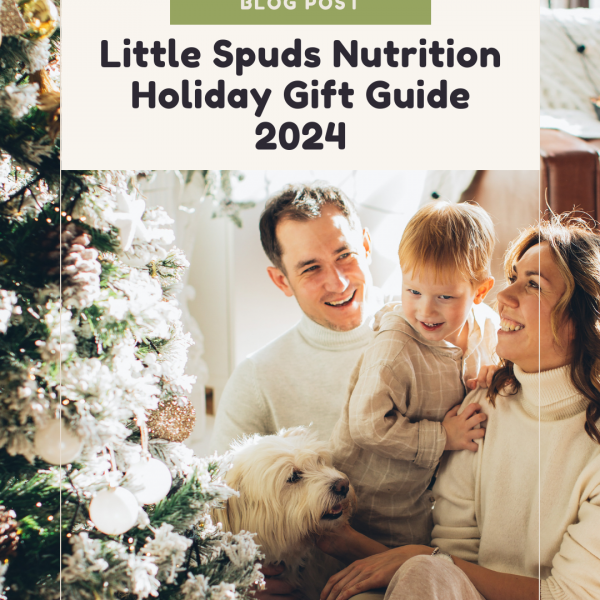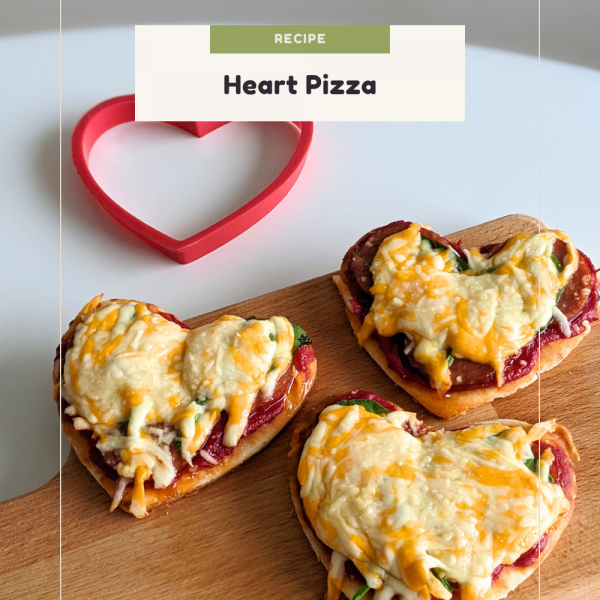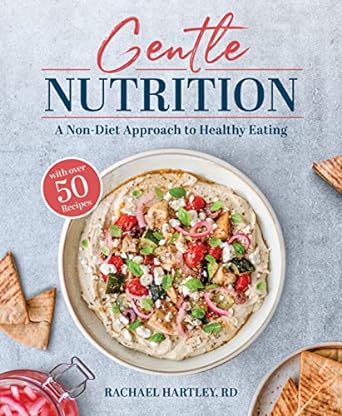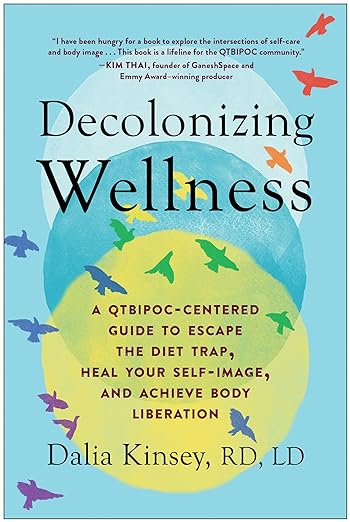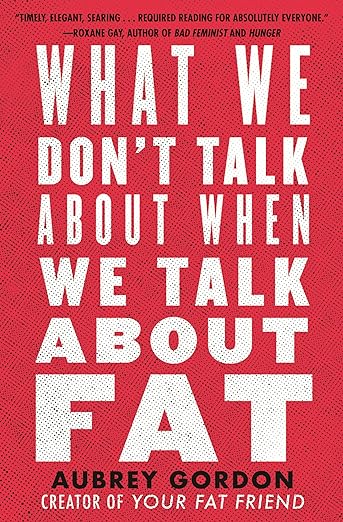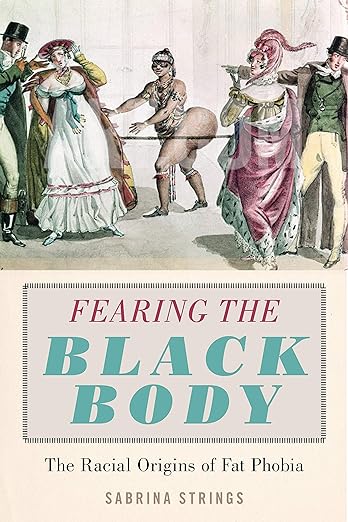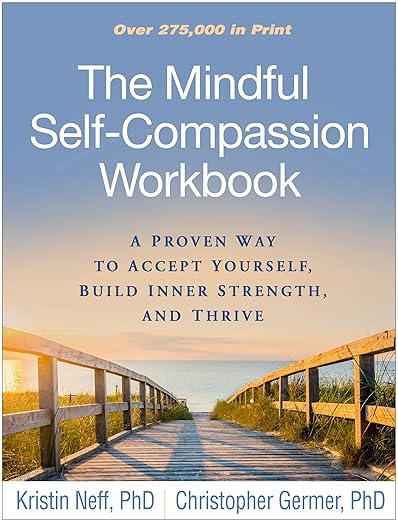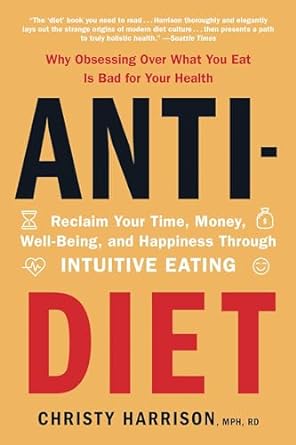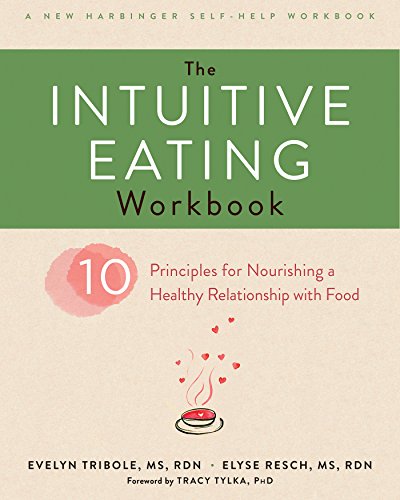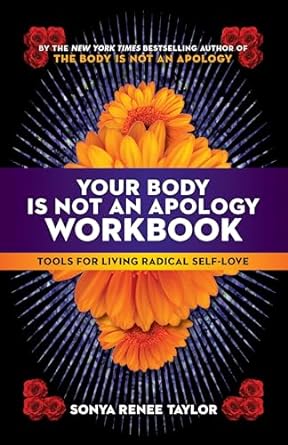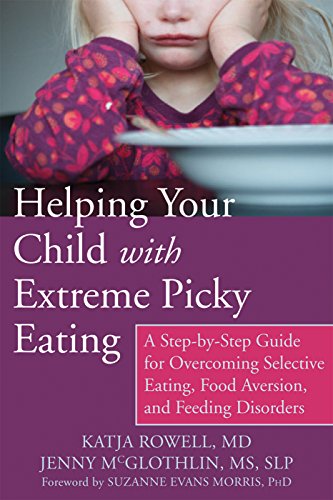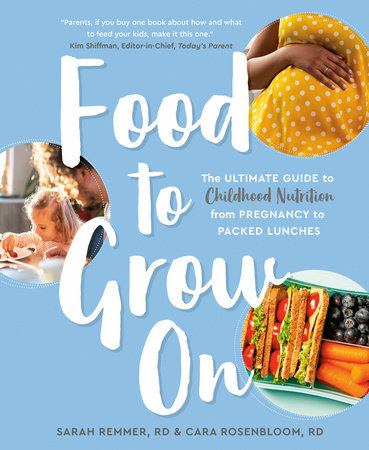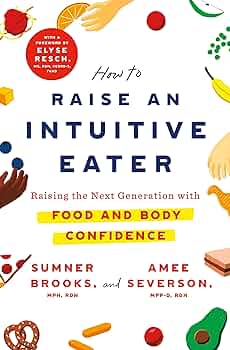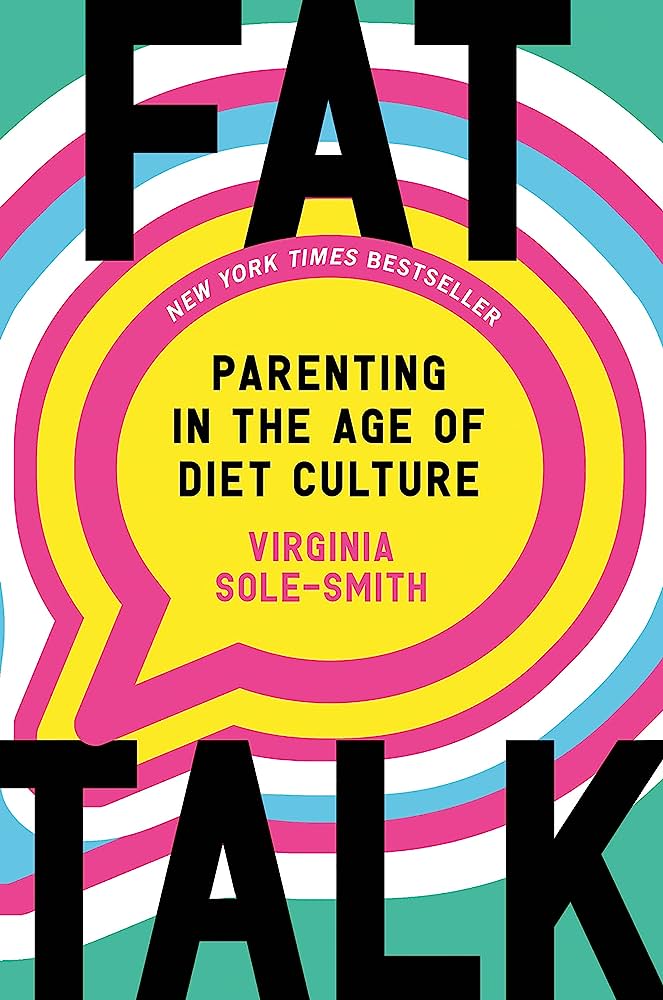
Take Aways
- Bodies are uniquely different and expected to change over our lifetimes
- There are many factors that contribute to body diversity
- Diversity in body representation in education is important and promotes self acceptance
- Practicing body neutrality is a protective factor against the development of disordered eating and body image dissatisfaction
- Body education should not include measurements, weighing or analyzing/critiquing of bodies
In part 1, we introduced the topic of supporting healthy relationships with food at school and the fundamental roles that educators and caregivers play in shaping this. In part 2, we are discussing supporting healthy relationships with our bodies as that is often intertwined with our relationship with food.
Students spend a significant portion of their childhood years at school and in the classroom. School-age years are a steady time of growth and development where teachers and caregivers are role models in teaching children about bodies and health. Body awareness starts as young as ages four to five years old, where children become more conscious of their self image and start to compare themselves to others. As children grow, so does their relationship with their body and body image. Teenage years are particularly challenging with the pubertal stage of life. During puberty, bodies develop as they are supposed to; however, change can be difficult and some young people may find coping with this more challenging than others. It is essential that schools promote body diversity, respect and acceptance.
So, how can educators support young people to have a better relationship with their bodies?
Normalize Body Diversity
Educating young people about ever-changing bodies is protective against the development of body image dissatisfaction and disordered eating behaviours. In the classroom, it’s essential to highlight the diversity of all bodies and teach kids that bodies are expected to change over our lifetimes. We don’t look the same at age 10, 25, 60 or 90. Our bodies are also meant to be different. Our distinctive genetic makeup as well as other factors create a body that is essentially unique to you and only you.
Bodies are affected by many factors, including:
- Genetics (information that determines your traits)
- Epigenetics (how your environment can affect the way your genetics are expressed)
- Gender
- Social factors such as:
- Socioeconomic status
- Food literacy and security
- Wealth
- Access to health care
- Education
- Discrimination including racism, weight stigma, ableism
We recommend creating an environment that promotes body diversity. When presenting content to students, include images of all body shapes, sizes, genders, disabilities and ethnicities so there is a broad representation of all bodies. This helps normalize body diversity and promotes self acceptance. A single measurement does not represent overall health; therefore, it is strongly recommended to avoid all learning activities that include weighing, measuring or analyzing a person’s body. Body Mass Index (BMI) measurements in schools are not appropriate and have negative consequences because it stigmatizes students with larger bodies, may not be accurate and requires interpretation by a trained health care professional.
Promote Body Neutrality
Weight bias refers to a person’s and/or society’s belief systems around weight and shape that idealize thinness. Weight stigma refers to negative attitudes and stereotypes about people in larger bodies. Weight stigma places people at risk of weight-based discrimination, for example, bullying in schools. Weight-based discrimination and/or the internalization of weight stigma is associated with poor mental health outcomes including increased psychological distress and disordered eating patterns. Ways to reduce the negative impacts of weight bias and stigma include teaching students about body diversity, body neutrality, fat acceptance and Health At Every Size.
Body neutrality takes a neutral approach to how we see ourselves and others in their bodies. It promotes respect and appreciation for our body as the vessel that carries us through life. Practicing body neutrality removes the focus on appearance and comparison to celebrating human qualities and actions. In the classroom, one way to promote body neutrality is role modelling and teaching non-appearance-based compliments as a means of separating appearance from self worth. It helps children to highlight each other’s innate qualities rather than focus on how they look.
Our goal at Little Spuds Nutrition is to inspire parents, educators and role models to celebrate children’s diverse bodies so that they grow up to appreciate all of the incredible things that their bodies can do rather than want to change them. Supporting children to develop neutral relationships with their bodies through appreciation and respect may act as a protective factor against eating disorders.
Little Spuds Nutrition provides nutritional assessment and counselling to promote healthy growth and development for children of all bodies. We support clients of all ages to improve their relationship with food and their bodies.
If you would like assistance with curriculum development or review of health, nutrition, body image, and/or media literacy content, please consult our registered dietitians at hello@littlespudsnutrition.com
If you suspect a child may be experiencing an eating disorder, please consult your local medical and mental health resources. For BC residents, Kelty Mental Health – Eating Disorders can connect you to local resources.
Authored by
Lawren Fischer, RD – Pediatric and Family Nutrition
Marilee Pumple, RD – Eating Disorder Recovery
Shay Hayashi – Content Development and Strategist
Disclaimer
Information provided by our dietitians is for general education and is not medical advice.
